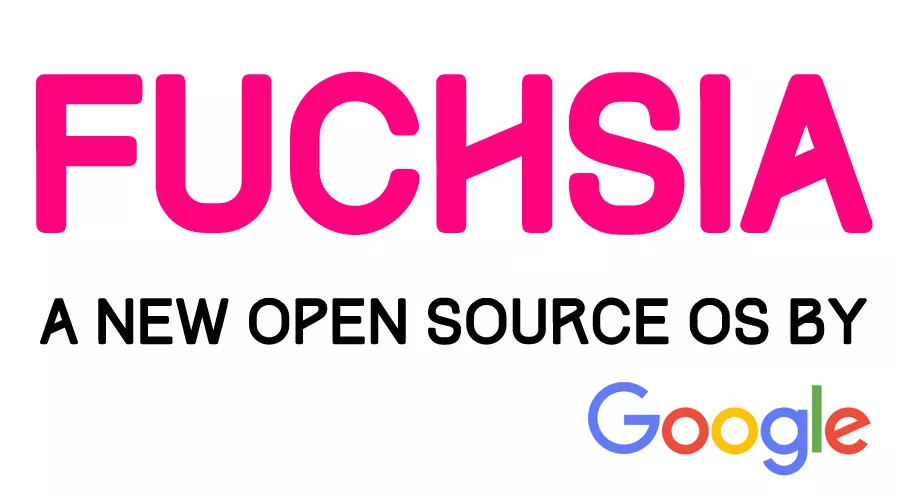Google Is Developing A New Open Source OS Named “Fuchsia”
Short Bytes: To gain an even larger market share of operating systems, Google is working to create a new open source operating system named Fuchsia. You can find repositories of the OS on GitHub and Google’s website that mention the existence of its kernel Magenta. In the description, Google calls it an OS that targets modern smartphones and computers.
his one comes from the rumor mill that went into overdrive with speculations that Google is working on a new open-source operating system for smartphones and computers.
In the times when Google is bringing new features to the smartphone world and leaving iOS behind in terms of innovation, Google is probably looking to strengthen its position by working on a new open source operating system.
Codenamed Fuchsia, one can spot the new platform existing in Google’s Git repositories. However, at the moment, the repository doesn’t include any source code. This project was originally spotted on Hacker News.
If you go ahead and dig a little deeper, you’ll come across a line on Google’s Git repo that reads — “Pink + Purple == Fuchsia (a new Operating System)”.
Upon further digging the GitHub repository, we came to know that Magenta is the new kernel that powers the Fushia OS. The kernel is designed to interact with the OS via object handles. The documentation from the same calls it an operating system targeting the modern phones and PCs.
Targets modern phones and modern personal computers with fast processors, non-trivial amounts of ram with arbitrary peripherals doing open-ended computation.
This operating system is most probably intended to be used by consumer devices as its IRC channel notes that it currently boots on Intel NUCs with Skylake and Broadwell chips and tablets with Intel Core processor. A developer also mentioned that it’s also intended to support Raspberry Pi 3.
At the moment, Google hasn’t revealed any details about this new open source operating system named Fuchsia OS. We have contacted Google for more details and we’ll be letting you know if we hear something from them.
For OS nerds, here’s a fun fact: Pink and Purple (from Pink + Purple == Fuchsia) were both Apple codenames for operating systems.
Did you find this article interesting? Don’t forget to drop your feedback in the comments section below.


No comments:
Post a Comment